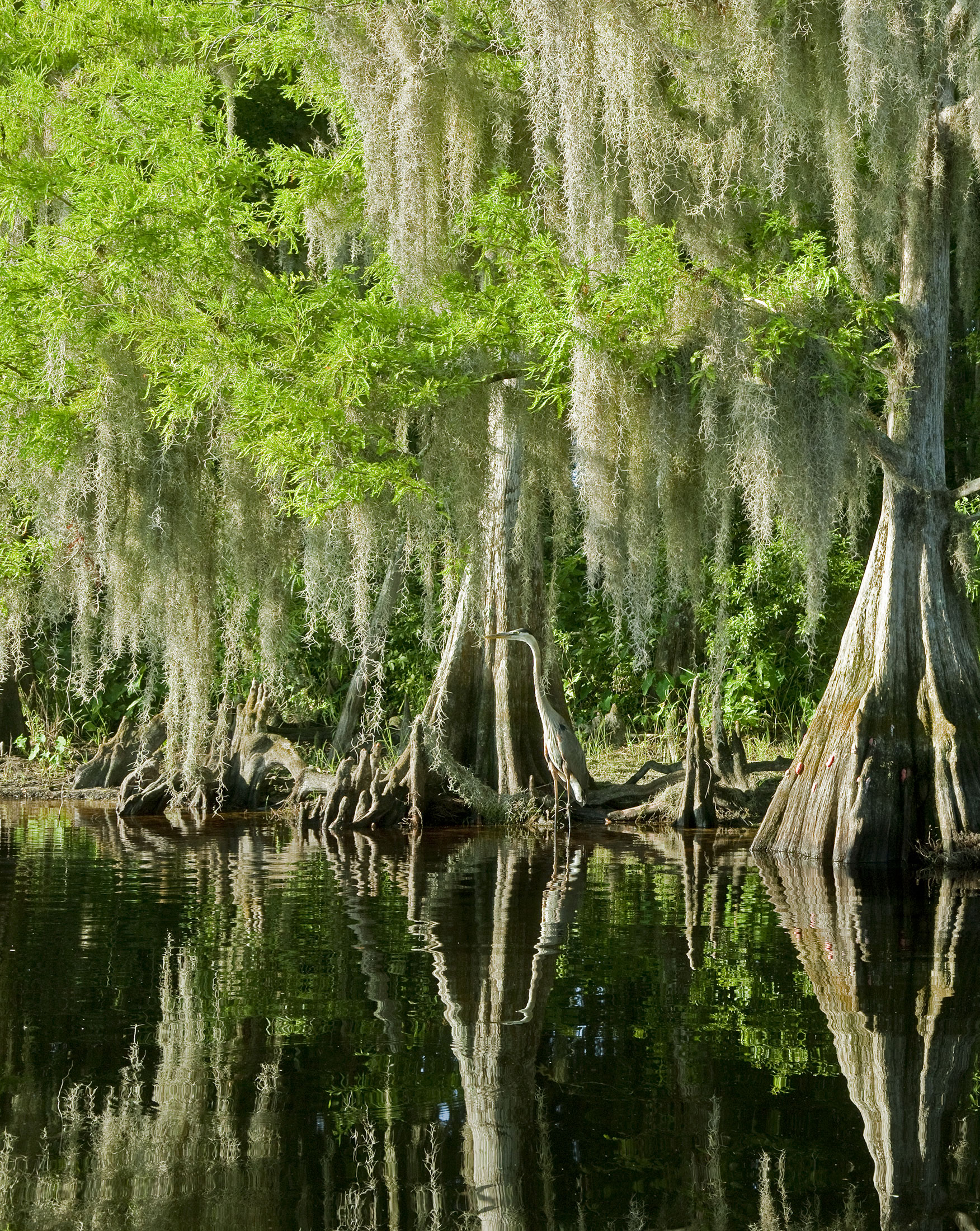
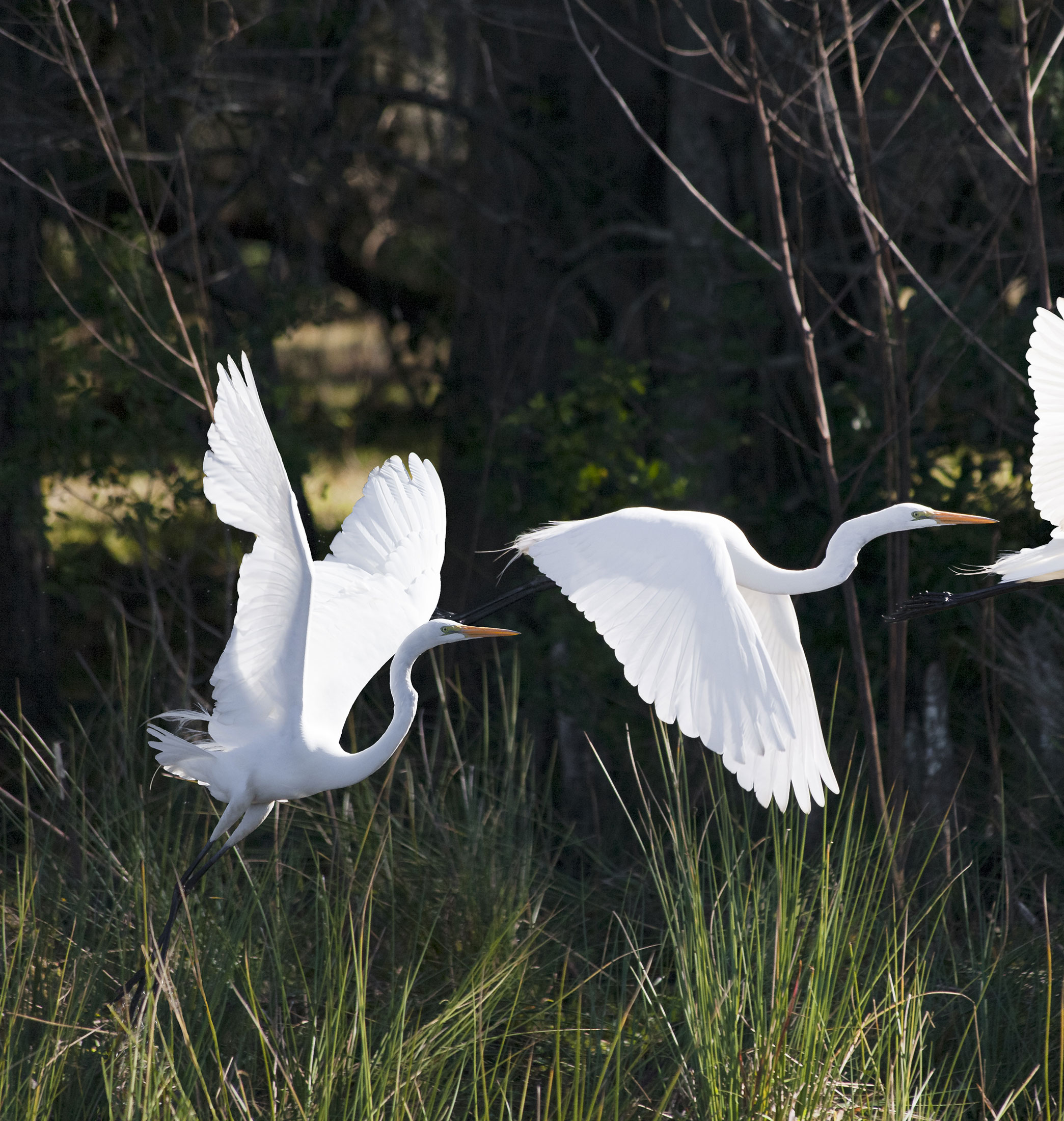
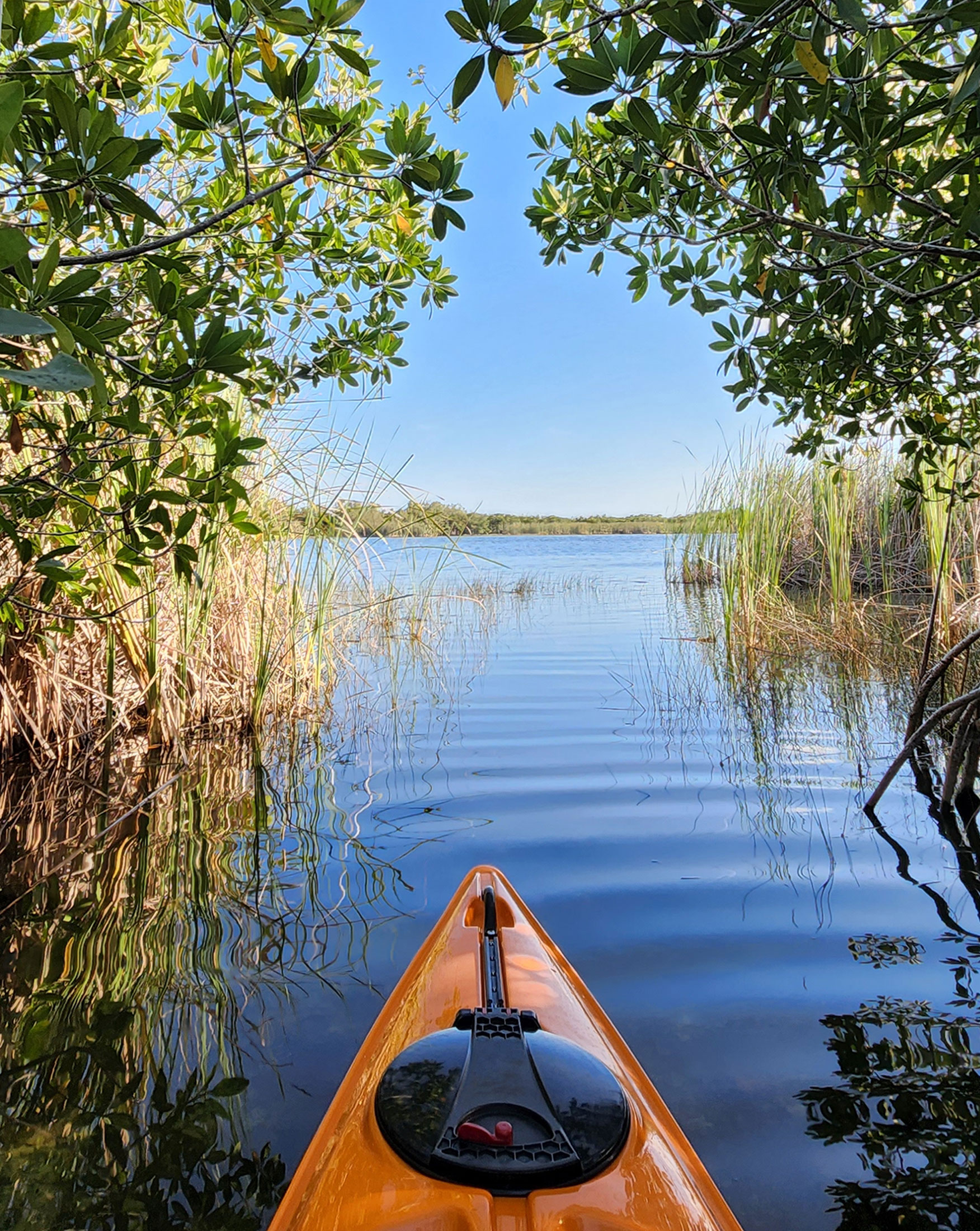
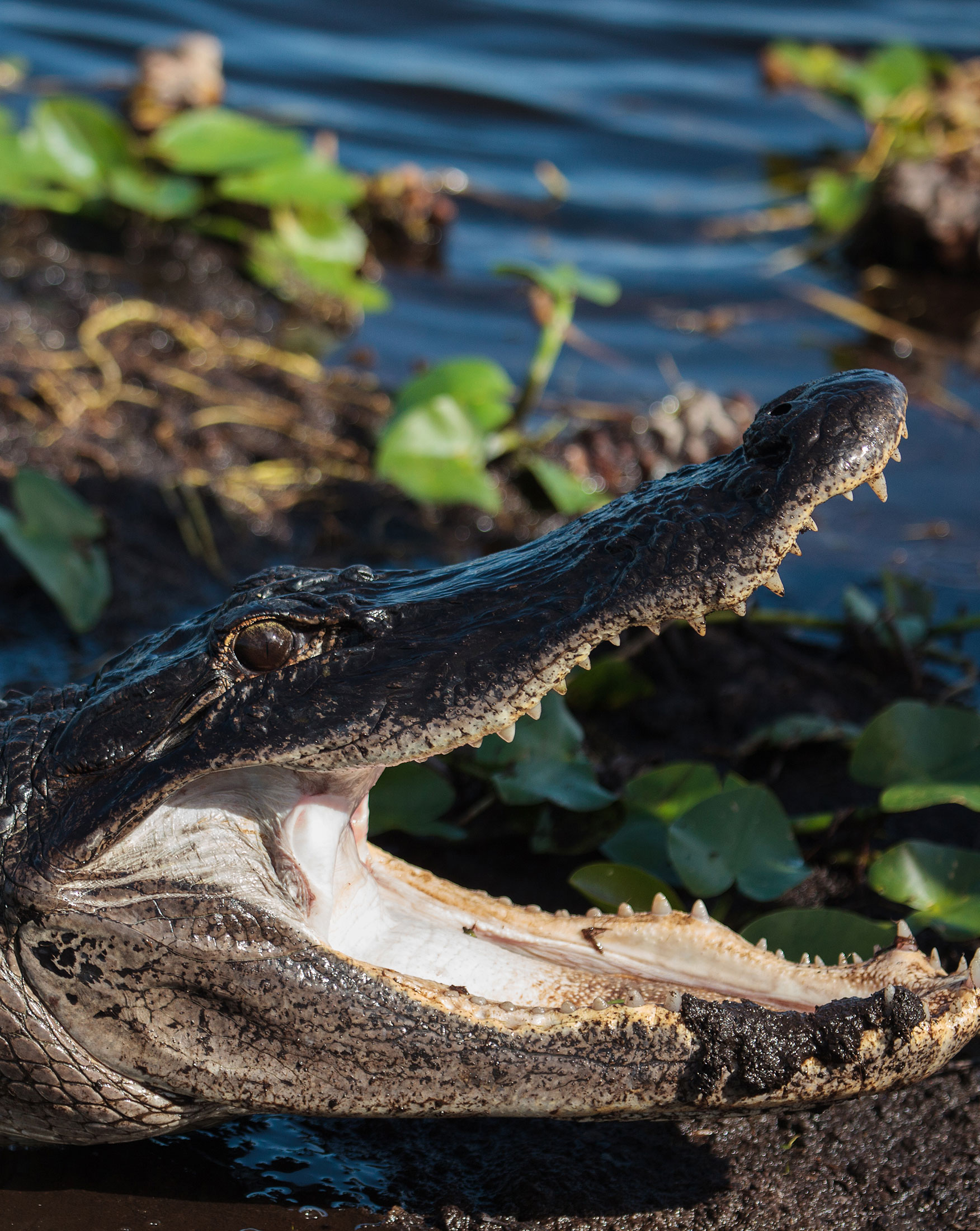

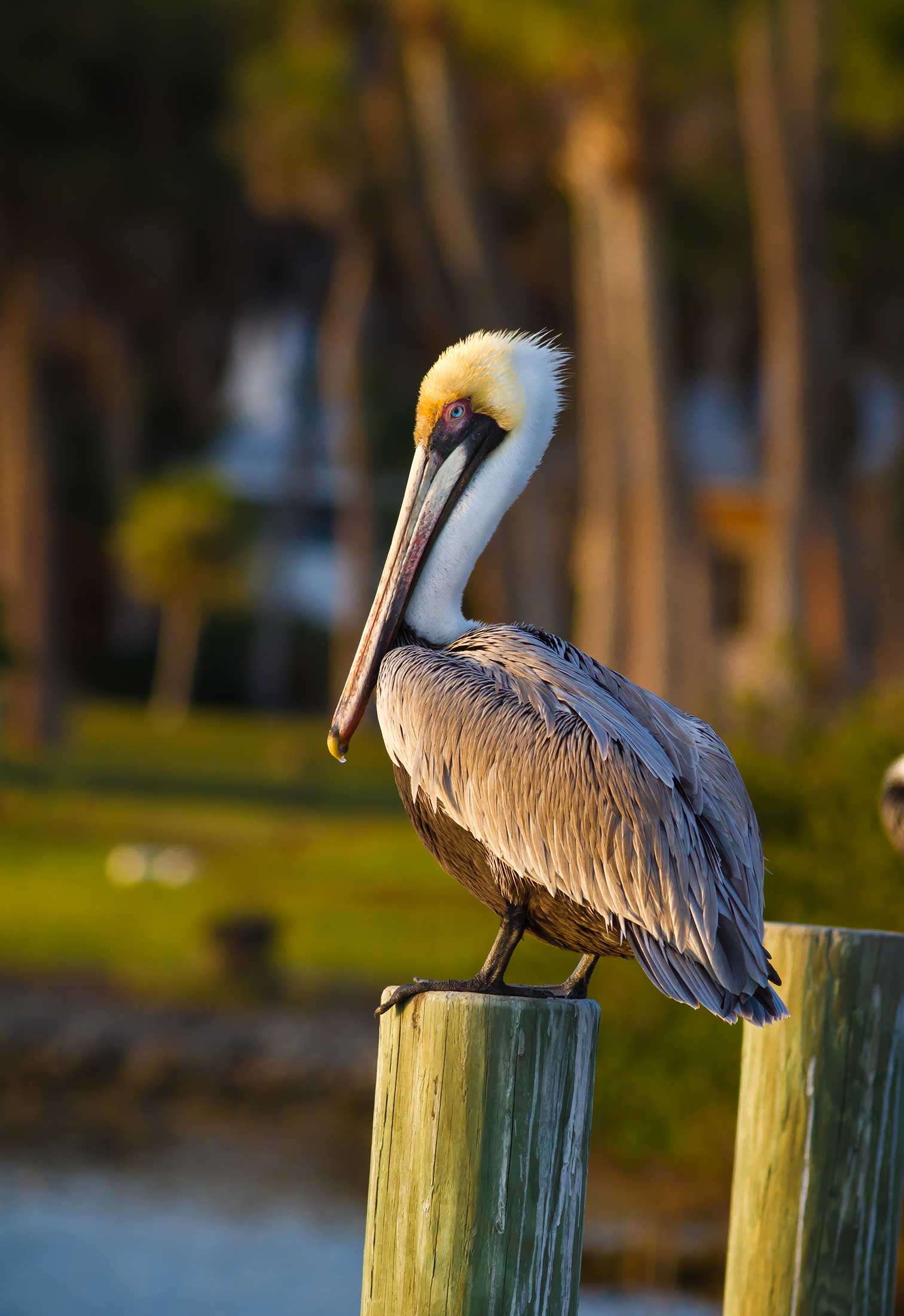
What’s the “Buzz”?
The Everglades are well-known for harboring a healthy population of mosquitoes. They are most abundant during our wet, warm summers, but can be found any time of the year. Although they are a vital link in the vast Everglades ecosystem, mosquitoes are best known for the annoyance that they cause most people. During your time visiting the park, it is important to be familiar with the facts about mosquitoes.
Who’s to Blame?
Here’s a chilling fact: over 40 different species of mosquito can be found in Everglades National Park. Fortunately, you don’t have to worry about most of them!
Mosquitoes can vary greatly between habitats and can display a great deal of difference with regards to appearance, breeding, and behavior. Most species do not bite people, but of those that do, it is only the female that requires a blood meal for breeding.
How Can I Protect Myself?
Summers bring daily torrential rains and hot humid weather — perfect conditions for breeding mosquitoes! Visitors during this wet season will need to take extra precautions to avoid mosquitoes:
Do:
Avoid:
So What Good Are They Anyway?
Who needs mosquitoes? The Everglades do! Though tiny, these flying hypodermic needles appear in such numbers, that they are a significant part of the Everglades food web. Eggs that have been laid throughout the winter hatch with the first summer rains. The larvae are born in stagnant pools of both fresh and brackish water where many are consumed by a bevy of fish – most notably Gambusia. In turn, these tiny “mosquito fish” will become the prey of many ecologically and commercially important species of wildlife. Adult mosquitoes typically have life spans of only about one month. During that time, they are eagerly pursued by dragonflies, birds, amphibians, and reptiles as delectable prey. Male mosquitoes that survive this gauntlet function as pollinators for various plants, while females will seek out the precious bellyful of blood that will allow their eggs to develop. Should you be the unwilling donor in this process, you too will become part of the Everglades food web!
Want to know more? Visit The Everglades’ page on The National Park Service site now.